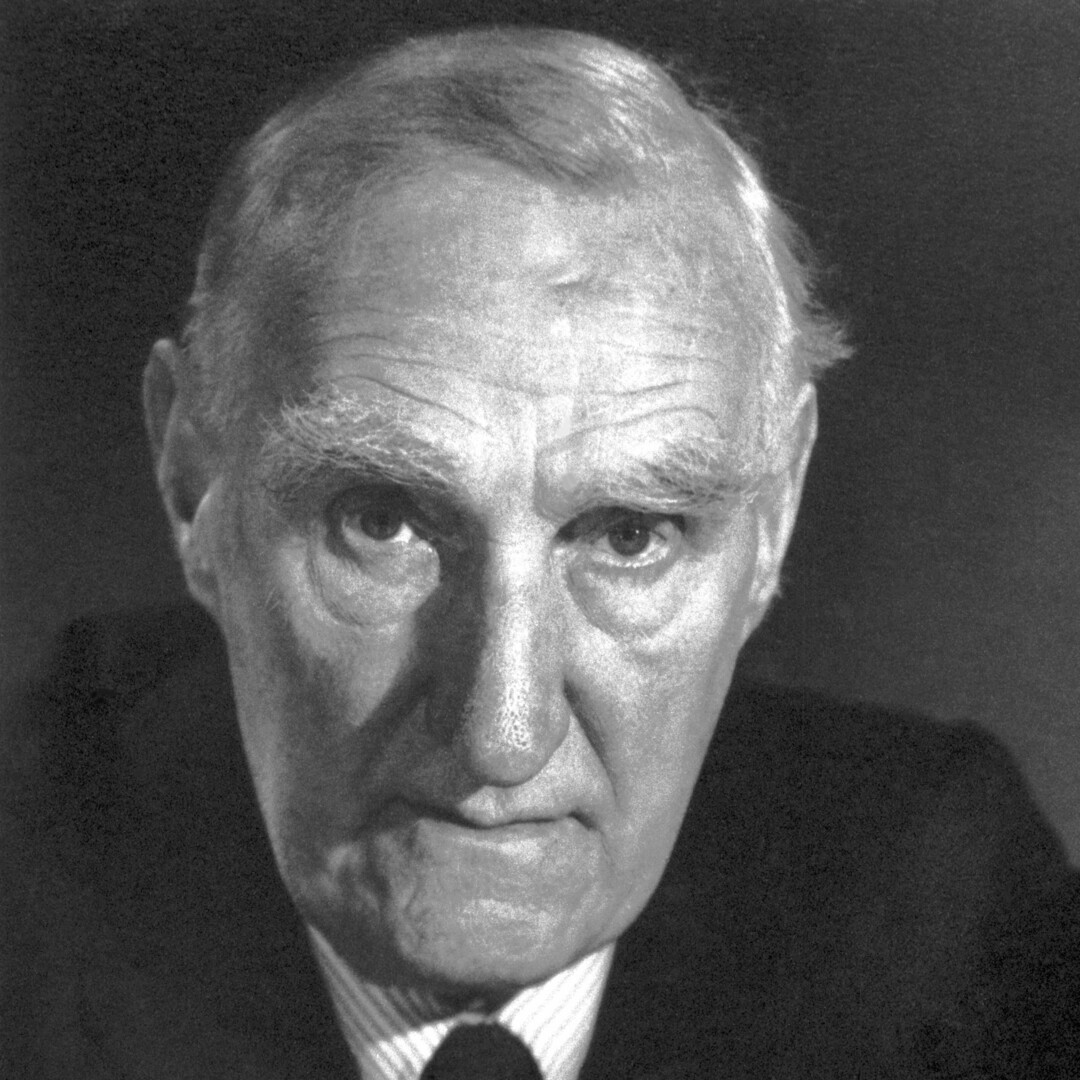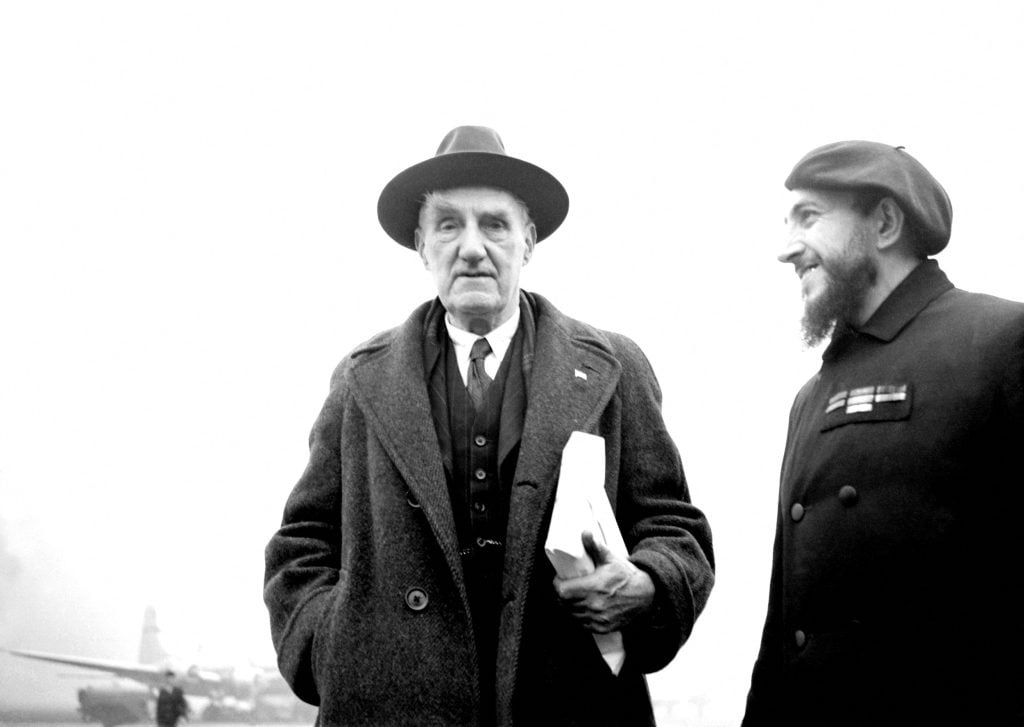Lord Boyd Orr
Speed read
John Boyd Orr was awarded the Nobel Peace Prize for his lifelong efforts to improve the world’s food situation.

Full name: John Boyd Orr, Baron Boyd-Orr of Brechin Mearn
Born: 23 September 1880, Kilmaurs, Scotland
Died: 25 June 1971, Edzell, Scotland
Date awarded: 10 December 1949
Father of the FAO
John Boyd Orr, a Scottish physician and biologist, distinguished himself in the inter-war years as one of the UK’s leading experts on nutrition. Boyd Orr took part in League of Nations efforts to develop an international nutrition policy. During WWII he introduced the idea of a “world food plan” to US President Roosevelt. In 1945 he was appointed director-general of the UN Food and Agriculture Organisation (FAO). Boyd Orr believed that food and prosperity for all would bring world peace. Boyd Orr supported international cooperation to ensure peace and argued for the creation a supra-national government based on international law. Boyd Orr received a knighthood in 1949 for his lifelong efforts.

Abbé Pierre, originator of the Emmaus movement. Photo by STF/AFP via Getty Images
"We are now physically, politically, and economically one world and nations so interdependent that the absolute national sovereignty of nations is no longer possible. However difficult it may be to bring it about, some form of world government, with agreed international law as means of enforcing the law, is inevitable."
John Boyd Orr, Nobel Prize lecture, 12 December 1949.
Boyd Orr is made secretary-general
Boyd Orr reluctantly agreed to be a delegate to the UN conference that established the Food and Agriculture Organisation (FAO) in 1945. He had planned instead to focus on his duties as a newly elected member of the British Parliament. But at the UN conference Boyd Orr could not refrain from speaking. He later said that he had held only two good speeches in his life, and this was one of them. He affirmed that international cooperation on food policy had to be based on people’s needs. Boyd Orr’s speech made a powerful impression, and he was elected as the first secretary-general of FAO.
Frustration combined with optimism for the future
Boyd Orr’s first task as director of the FAO was to solve the post-war food crisis. He established the International Emergency Food Council, which he maintained saved millions of people from death by starvation. Long-term goals were important to Boyd Orr. He fought to establish of a World Food Board, but to no avail. The USA and the UK opposed the concept of such a powerful and binding organisation. As a result, Boyd Orr resigned his post as secretary-general. Boyd Orr’s farewell speech was optimistic nonetheless. He noted that although the world was mired in political conflict, the FAO brought nations together to discuss ways to provide enough food to people throughout the world. He believed this would promote peace.
Learn more
John Boyd Orr was born in Kilmaurs, Ayrshire, Scotland. His father, R.C. Orr, was a pious and intelligent man whose sudden enthusiasms led to frequent reversals of fortune, but, although his finances were often depleted, he and his wife and their seven children enjoyed a pleasant life in their rural community ...
Disclaimer: Every effort has been made by the publisher to credit organisations and individuals with regard to the supply of photographs. Please notify the publishers regarding corrections.
Nobel Prizes and laureates
Six prizes were awarded for achievements that have conferred the greatest benefit to humankind. The 14 laureates' work and discoveries range from quantum tunnelling to promoting democratic rights.
See them all presented here.
